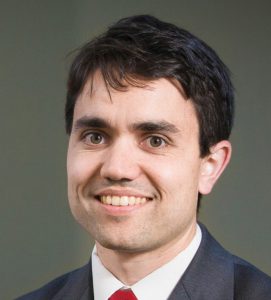The German Constitutional Court and the Right to End Life

Justin Collings is Associate Dean for Research and Academic Affairs and Francis R. Kirkham Professor of Law in the J. Reuben Clark Law School at Brigham Young University.
On 26 February 2020, the German Federal Constitutional Court ruled that the state cannot criminalize assisted suicide. The judgment struck down § 217 of the German Criminal Code (Strafgesetzbuch), which made it a crime to offer assisted suicide as a professionalized service. (The law did not apply to individual doctors who helped their patients to end their lives.)
The basis of the Court’s ruling was Article 2(1) of the German Basic Law, which enshrines the right to the free development of one’s personality, in connection with Article 1(1), which proclaims the sacrosanctity of human dignity. Across several decades, the Court has derived from these two provisions a robust series of constituent rights—the general personality right (allgemeine Persönlichkeitsrecht); the general freedom of action (allgemeine Handlungsfreiheit), which extends to virtually every human act or admission; the right of informational self-determination (Recht auf informationelle Selbstbestimmung); the right to the integrity of information systems; the right to state recognition of the gender with which one identifies; and more. Now the Court has added to this list the right to take one’s own life and, as needed, to secure other’s assistance toward that end. (more…)
